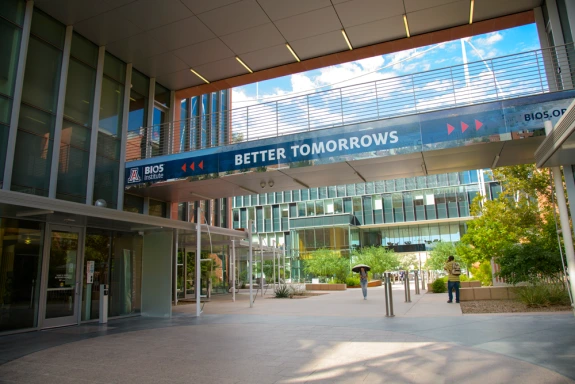
RESEARCH
Core MCRP faculty are located in contiguous space of the Medical Research Building (MRB), while additional faculty with research programs focused on cardiovascular science are in various other locations at the University of Arizona.
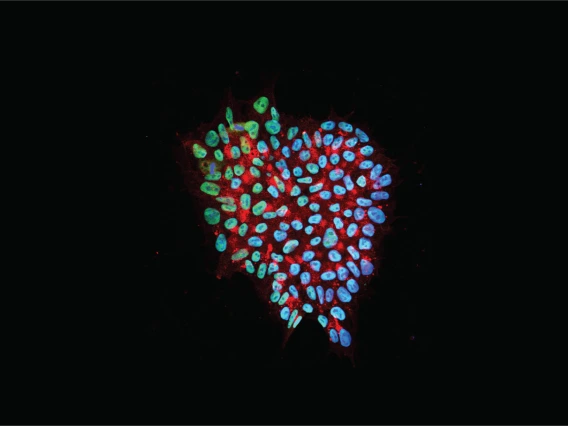
Churko Laboratory
My lab seeks to understand the mechanisms leading to heart disease by combining single cell transcriptomics, systems biology, stem cell biology, drug screening, genetic engineering, and bioinformatics.

Colson Laboratory
The research goal of my laboratory is to understand the molecular motions of muscle proteins that finely-tune the heart’s contractile performance.
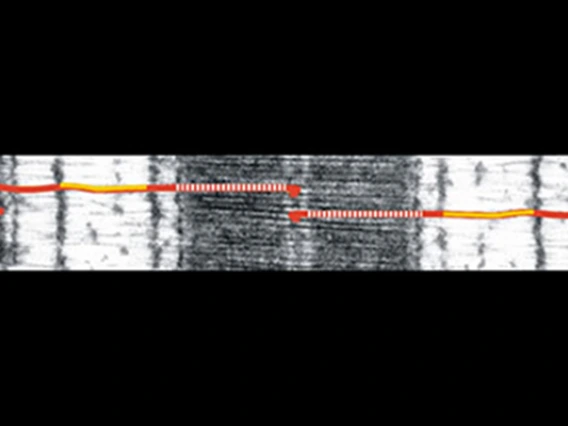
Granzier Laboratory
Our research is focused on elucidating the structure and function of titin and nebulin, two large filamentous proteins found in muscle.
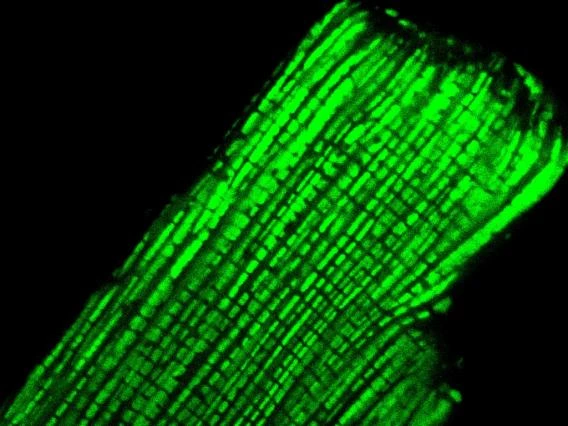
Hamilton Laboratory
Our overarching goal is to decipher molecular mechanisms of calcium regulation in the healthy and diseased heart.
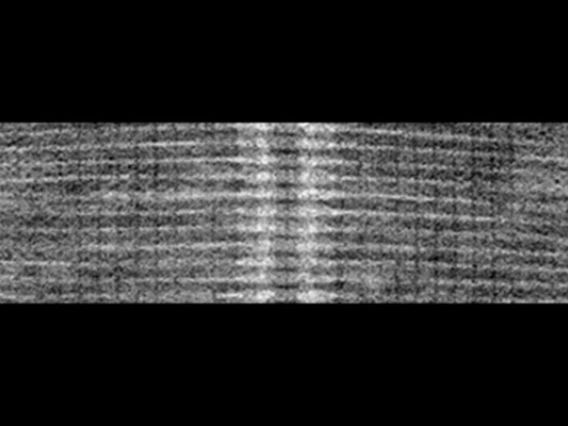
Harris Laboratory
Cardiac muscle mechanics; regulation of myocardial contraction; molecular basis of inherited cardiomyopathies; myofilament proteins.
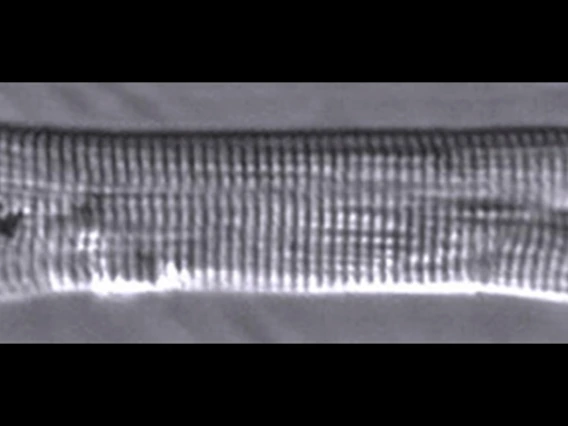
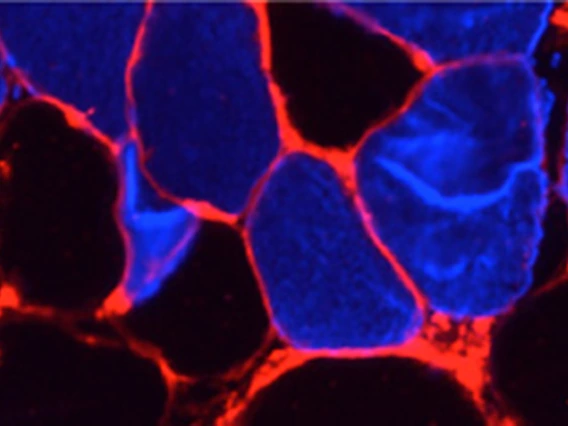
Ottenheijm Laboratory
My work has shown that altered loading of the diaphragm during respiratory disease rapidly causes diaphragm weakness.
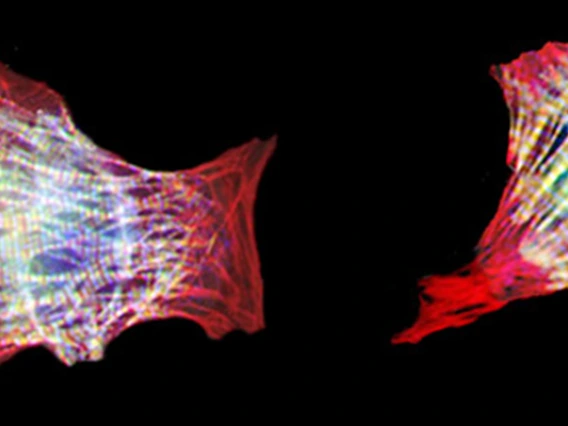
Pappas Laboratory
The research in this laboratory is focused on identifying the components and molecular mechanisms regulating actin architecture in cardiac and skeletal muscle during normal development and disease.
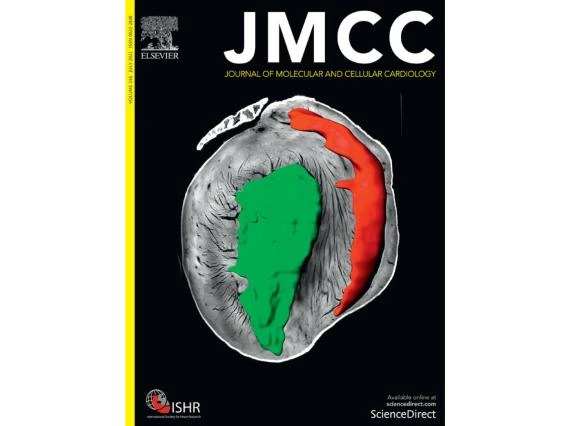
Sadayappan Laboratory
Our aim is to delineate the role of myosin binding protein- C (MyBP- C) structure, regulation, and function in striated muscles of both cardiac and skeletal tissues in health and diseases.
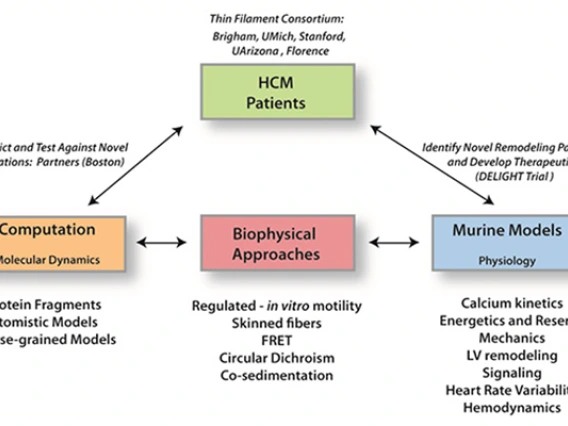
Tardiff Laboratory
The studies in this lab utilize an integrative physiologic and biophysical approach to delineate the underlying links between structural and functional alterations in cardiac thin filament proteins and the resultant complex cardiovascular phenotypes observed in patients with Hypertrophic Cardiomyopathy (HCM), a disorder affecting 1/500 individuals.

